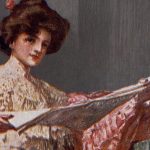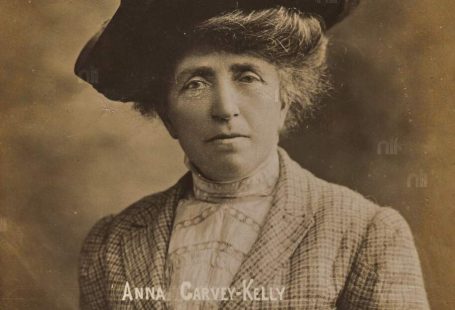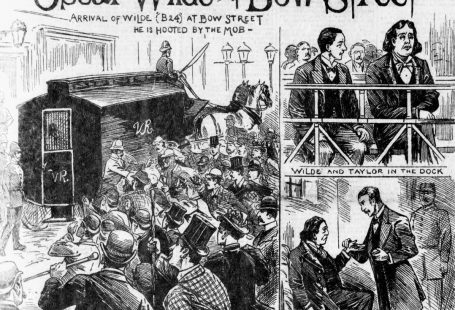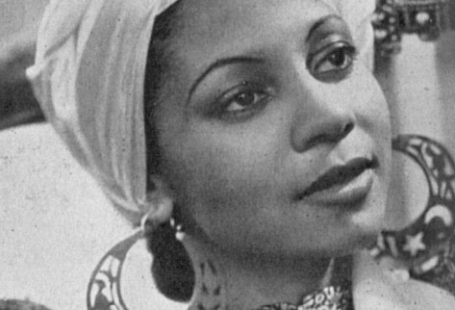This year marks the 80th anniversary of wartime Prime Minister Winston Churchill’s most famous speeches. Coming to power after the failure of predecessor Neville Chamberlain to secure peace, Churchill faced a titanic task, and it was through his speeches that he laid down his powerful mantra.
In this blog we will take a look at public feeling around the potential for peace with Germany during the weeks that Churchill came to power, and contemporary reactions to Churchill’s speeches in the first few weeks of his premiership.
Search Tip: Churchill is referred to as the ‘Premier’ and Prime Minister in newspaper articles.
A new Premier

Churchill was appointed Prime Minister on 10 May 1940 after a crisis in government which saw Chamberlain resign.
Whoever takes on the task will have more than a he-man’s job. Lord Halifax, Mr Lloyd George, Mr Winston Churchill are all named possibles. There will be critics as well as supporters of each, but this no period to award either fulsome praise or pass quibbling comment. Our ranks must be closed as solidly as possible, and unanimous support give the man at the head of the control station.
Sue for Peace?
The debates that raged behind closed doors did not always reach the public. In wartime newspapers felt a strong duty not to incite panic or to stir up unpatriotic feelings in the populace. The suggestion of peace with Germany being mooted by some in government during Churchill’s early weeks in office did not reach the press in any great measure. Those who would sue for peace or make any accommodation with Germany were instead derided in the press as being a ‘fifth column’ – suing for peace was presented as being tantamount to collusion with the enemy.


Blood, Toil, Tears and Sweat
Churchill’s speech on 13 May set the tone for his leadership. His speech masterfully married a frank assessment of the stark reality of the war with an invigorating call to action. Churchill would demonstrate adeptness in using radio to reach the people, but this first speech was not broadcast. It was reproduced in the newspapers the following day.
Search Tip: Newspapers edited Churchill’s speeches Read the reproduced speech in several newspapers to see the subtle differences.
That this House welcomes the formation of a Government, representing the united and inflexible resolve of the nation, to prosecute the war with Germany to victorious conclusion.
In this crisis I hope I may be pardoned if I do not address the House at any length to-day. I say to the House, as I said to the Ministers, I have nothing to offer but blood, ordeal, tears and sweat. We have before us an ordeal of the most grievous kind. We have before us many, many long months of struggle and of suffering. the question, what is our policy? I will say, it is to wage war. (Loud cheering.) It is to wage war by sea and land and air —war with all our might—and with all the strength that God can give—(A voice—And material) —and to wage war against monstrous tyranny never surpassed in the dark and lamentable catalogue of human crime. That is our policy. If you ask us what is our aim, I can answer in one word — it is victory. Victory all costs; victory in spite of all peril; victory however long and hard the road may be, for without victory there is no survival. (Loud cheers.) I feel entitled at this time to claim the aid of all, and I say, let us go forward together with our united strength. Mr. Churchill sat down amid loud cheers.

Be Ye Men of Valour

Churchill’s first broadcast speech came on 19 May 1940. The press were fulsome in their praise saying it would be ‘quoted as long as there are history books’. The speech was carefully calculated to impress upon the British people the strength of the foe they were dealing with and the part they had to play in winning the war. The speech was noted for its liberal use of ‘our’ instead I. Throughout his speeches he encouraged the British people to see themselves as united in the effort to win the war.
The speech was broadcast worldwide, not only to reach allies but to reach American ears. America was, at this point, refusing to be caught up in what it saw as a European war. Churchill’s speeches were crafted to show the fighting spirit of the allies and to encourage Americans to see this as a war they should be helping to prosecute.
Mr Churchill’s broadcast, heard clearly throughout the United States, was described by a radio commentator as ‘one of the great speeches of the war —brief, vigorous, and pertinent.’ His ringing tones had a tonic effect on listeners, says a Washington message. His firm confidence in the French Army and the R.A.F. and his brief and incisive description of the battle now raging were welcome antidote after columns of depressing news throughout the past week. Observers see as a result of his insistence on the value of assault and early Allied counter-offensive the cutting off of the “bulge.” The same observers say that the speech was not the speech of the leader of a desperate people, but a leader of knowledge, vision, action, who sees beyond the present dark days. There is a general expression of opinion that Britain has found her real leader in Mr Churchill.


We Shall Fight on the Beaches
Probably the most famous of all of Churchill’s speeches was made on 4 June 1940 after the successful evacuation of the British Expeditionary Force from the beaches at Dunkirk. The speech was so important that some papers managed to get it into evening editions on the day of the broadcast. Again he achieved a perfect balance of combining stark news with a call to action.

Premier said our losses in men have exceeded 30,000 killed, wounded and missing. We had lost nearly one thousand guns and transport and armoured vehicles in the north. We must expect another blow to struck almost immediately at us at or France, said Mr. Churchill, We are told that Hitler has a plan for invading British Isles. This has often been thought of before.
Napoleon had been told there were bitter weeds There are certainly good many more bitter weeds since B.E.F. returned.
We shall not be content with defensive war, said Premier.

It might be desirable to enter upon subject of Home Defence in secret session. We shall reconstitute and build up B.E.F once again, under Lord Gort. Meanwhile our home defences must be made to produce effective security.
Enemy losses far heavier than ours. Many missing will come back some day.
No reason why should not in few months overtake our sudden and serious loss without retarding development of our general programme.
Must realise Flanders action was colossal military disaster.
Confident that we shall prove able to defend Britain for years, if necessary alone.
The press echoed the Prime Ministers words in their coverage of the speech, reinforcing that this was a tragedy but not a weakness. The Birmingham Daily Post published a round up of press reaction on 5 June 1940. You can read these by clicking on the images below.
[Best_Wordpress_Gallery id=”16″ gal_title=”Fight on the Beaches”]
If you are interested in military history be sure to read our other military themed blogs.








1 comments On Darkest Hour – Churchill’s Speeches
If you need to payday loan online then you can have the best directions from here and can easily take online easy payday loans online , so go for bad credit once for bad credit